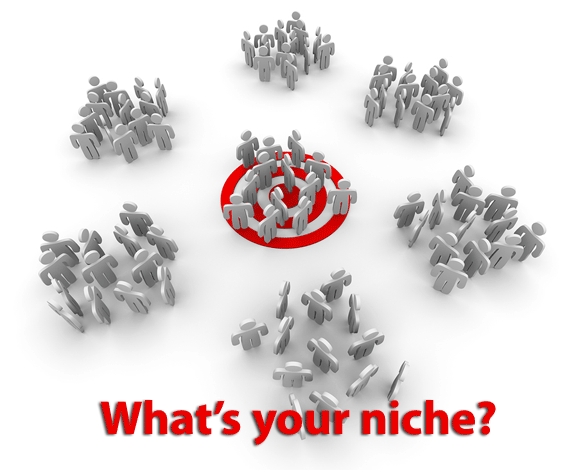 |
| Juggernaut Facebook |
 |
| Dead MySpace |
Many social networking sites that pop up today or even ones that have been around but lost users because of Facebook are turning their attention towards a specific niche. Another example of a Facebook defeated SNS is Friendster. Friendster was one of the first SNS around, forming in 2002. It was announced yesterday that they will be deleting all user data on May 31. On a Friendster help forum for exporting friends they say:
2. What will happen to the current version of Friendster and my Friendster account?We are introducing a new and improved Friendster in the coming weeks that will be focused on entertainment and fun. There will be new features that will leverage on your online activities and will enable you to connect with friends or engage new friends with similar interests.
So with everyone joining Facebook and leaving the other sites in the dust is there any way a smaller social network can fight back? I say yes, there are things wrong with Facebook. One thing I find annoying about Facebook are the businesses and people that are trying to get you to their website to make money. It’s also not the best site for everything it just has the most people networked into it. Sites that have seen an increase in users recently have found niches in the SNS sphere. For example, Tumblr is a blogging site that has seen membership rise. LinkedIn takes a professional approach to social networking. Also growing is the website StumbleUpon, a site that chooses a random website based on one’s interests sort of like Pandora does with music. Ignite Social Media posted a very interesting infographic about declining and blossoming social network sites.
 All of these “niche-type” SNS are competing against Facebook (and each other) for a piece of the new media pie. There are many alternative sites that Facebook has to deal with to remain as the sole, dominant social network site. But Facebook has had a head start and is already monopolizing the market. Some people may not like the idea of a monopoly in any market, but I believe this market (at least in the U.S.) is suited for this type of dominant website that is kept in check by its users.
All of these “niche-type” SNS are competing against Facebook (and each other) for a piece of the new media pie. There are many alternative sites that Facebook has to deal with to remain as the sole, dominant social network site. But Facebook has had a head start and is already monopolizing the market. Some people may not like the idea of a monopoly in any market, but I believe this market (at least in the U.S.) is suited for this type of dominant website that is kept in check by its users.Tweet of the day:
MMM. mmmmm. MEAT GLUE. Enjoy! http://www.dump.com/2011/04/14/meat-glue-secret-video/






